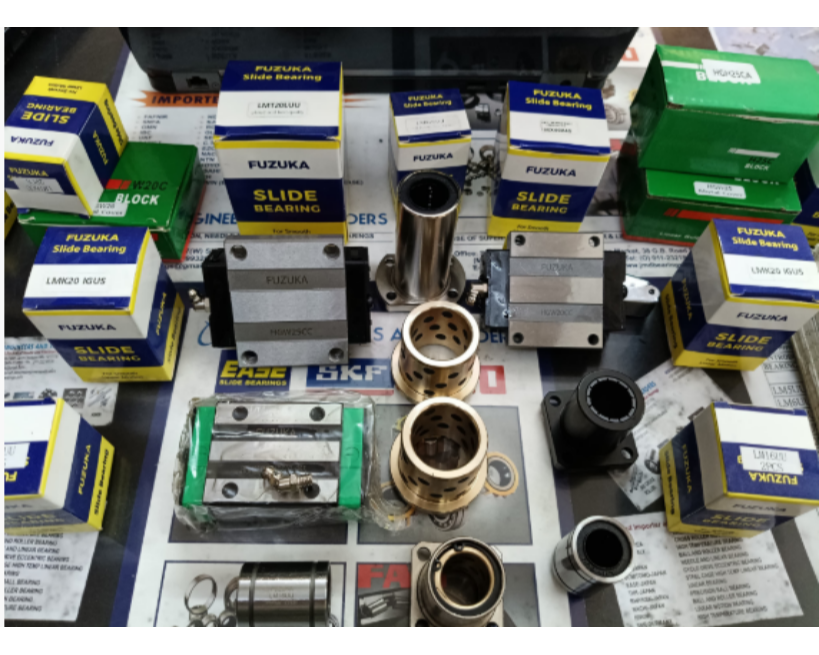
2025-10-01T07:00:12
Linear Bearing – Smooth Motion for Precision Applications Linear bearings are essential components in modern machinery, designed to provide smooth, low-friction, and accurate linear motion. These bearings are widely used in applications where parts need to move along a straight path with high precision and minimal resistance. By reducing friction and wear, linear bearings extend the life of machines and enhance performance, making them vital in industries such as automotive, medical, electronics, packaging, and industrial automation. The primary function of a linear bearing is to support and guide motion in one direction. Unlike traditional rotary bearings, which enable rotation, linear bearings are specifically engineered for sliding or rolling motion along a shaft or rail. Common types include linear ball bearings, plain bearings, linear bush bearings, and profile rail guides. Each type offers distinct advantages depending on the load, speed, and accuracy requirements. Linear ball bearings, for example, use recirculating balls to provide extremely smooth and precise motion, making them ideal for CNC machines, 3D printers, and robotics. Profile rail guides, also known as linear guideways, deliver excellent load capacity and rigidity, which are crucial for heavy-duty industrial machines. Plain linear bearings, on the other hand, are cost-effective and suitable for applications with moderate precision needs. One of the major benefits of linear bearings is their low maintenance and high efficiency. Many modern bearings come with built-in seals and lubrication systems that reduce downtime and increase reliability. Additionally, their compact design allows integration into space-constrained systems without compromising performance. In today’s automation-driven industries, linear bearings play a key role in achieving accuracy, speed, and long service life. Whether used in small precision instruments or large industrial machines, they ensure smooth linear motion, enabling higher productivity and consistent results.

Have a question? Ask here!
Required fields are marked *